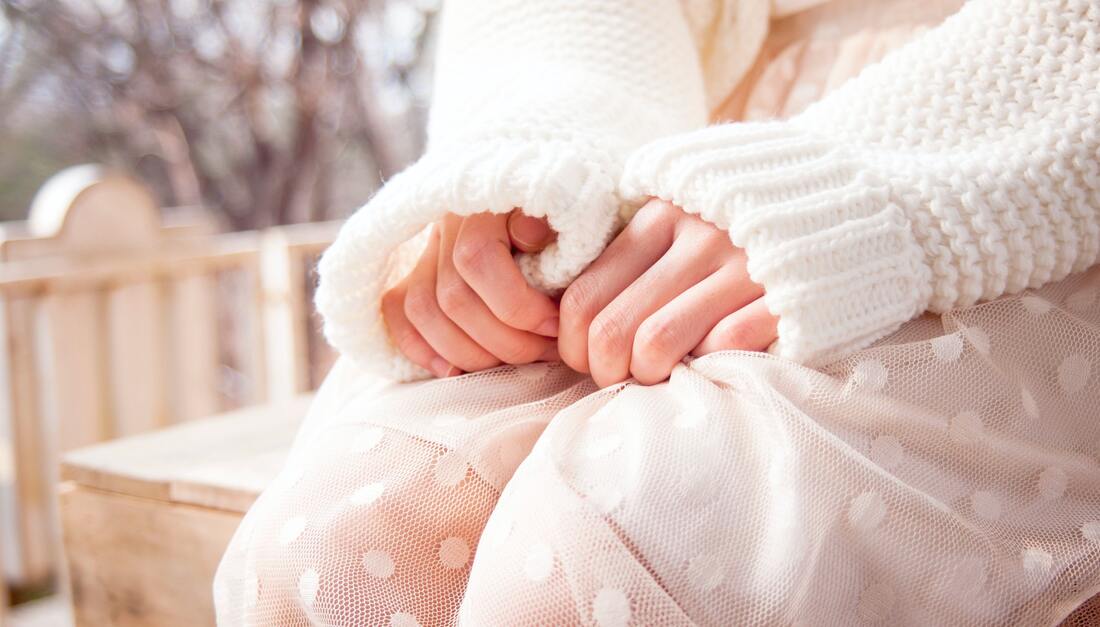Pregnancy After Breast Cancer |
HOME > SURVIVORSHIP > PREGNANCY AFTER BREAST CANCER
Many young adults with a history of breast cancer (and their partners) wonder how cancer and its treatment affected their ability to become pregnant.
|
Considering pregnancy after a breast cancer treatment can be very difficult for patients and their loved ones. If you decide to try to get pregnant, it may be harder after breast cancer treatment than it otherwise would have been.
Is it safe to become pregnant after breast cancer?
Yes, we believe it is safe. Studies show that the chances of dying from breast cancer do not increase due to pregnancy after treatment. However, studies are limited and some experts remain concerned. People with a history of breast cancer continue to be at risk of recurrence both during and after a pregnancy. (Recurrence means breast cancer returning to the breast area or other parts of the body.) For those on long-term hormonal therapy, some people may choose to pause treatment to pursue pregnancy. Preliminary results from the POSITIVE (Pregnancy Outcome and Safety of Interrupting Therapy for Women with Endocrine Response Breast Cancer) study demonstrated that this pause is safe from a disease recurrence perspective, though further follow-up data is needed to confirm long-term safety. Is pregnancy after breast cancer safe for my future child?
Yes. A history of breast cancer treatment should not increase the risk of birth defects in a future child. This is true as long as treatment medications have been stopped at least 3 months before getting pregnant. |
Highlighted Webcast:Can I Have a Baby After Breast Cancer? If So, When?
Ann Partridge, MD, MPH discusses pregnancy after breast cancer with a panel of other specialists and patients in the Young and Strong Program. |
We strongly recommend that you avoid getting pregnant while undergoing hormonal therapy (like tamoxifen). This can cause birth defects to a fetus (unborn child), especially during the first trimester. To avoid pregnancy, be sure to use contraception methods that are considered safe for young adults with breast cancer (such as non-hormonal methods like condoms or a copper IUD), if necessary for your kind of cancer.
|
The PDF below links to a table that shows a number of methods for protecting fertility, both during and beyond breast cancer treatment. The document was adapted with permission from FertileHOPE.
|
|
For more information regarding treatment effects, protecting fertility, and contraception, please visit our Life with Cancer Fertility pages.
|
©2020 Young and Strong Progam at Dana-Farber Cancer Institute

